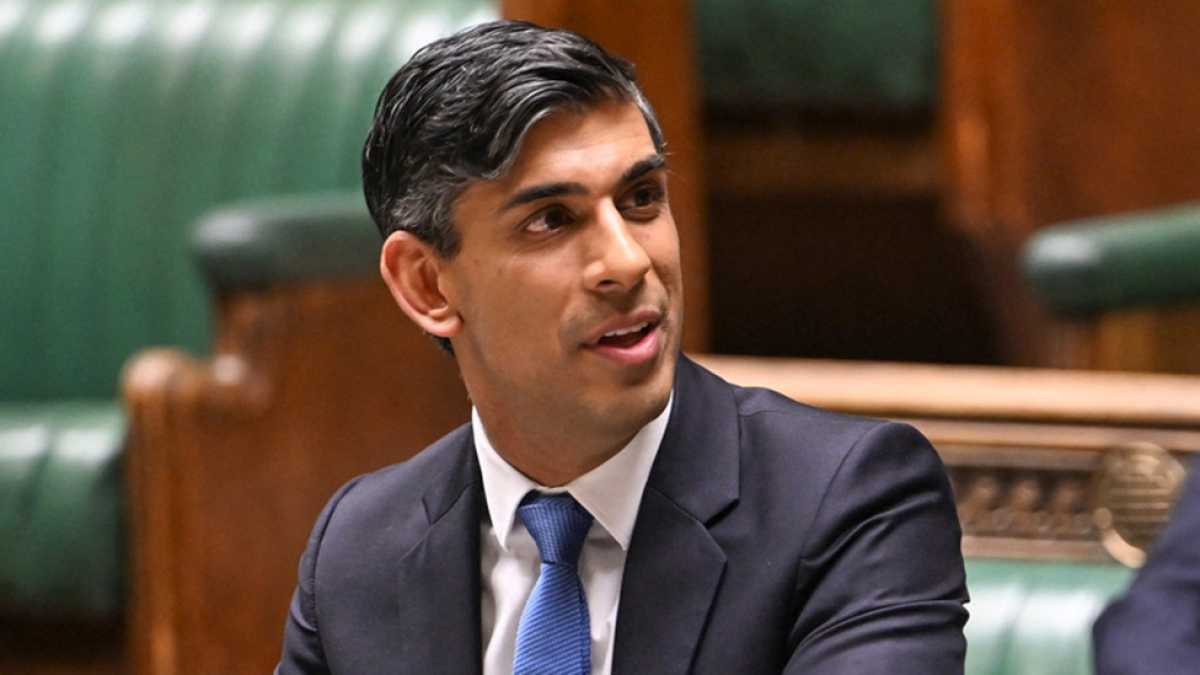Politics
Senior Conservative MP Calls for Rishi Sunak’s Resignation, Triggering Party Division

A senior Conservative MP, Sir Simon Clarke, has ignited a heated debate within the party by calling for the resignation of Prime Minister Rishi Sunak. In an op-ed for the Daily Telegraph, Clarke expressed concerns that Sunak’s leadership was leading the Conservatives towards an electoral “massacre.”
Clarke’s remarks were quickly criticized by several senior Conservatives, including former Home Secretary Priti Patel, who accused him of indulging in divisive self-indulgence. Additionally, Tobias Ellwood described Clarke’s intervention as dangerous, reckless, and defeatist.
The postal affairs minister, Kevin Hollinrake, dismissed Clarke’s remarks as isolated and not representative of the wider parliamentary party. Hollinrake advised Clarke and others who share his views to focus on their work and unite for the betterment of the country.
This debate within the Conservative party comes at a crucial time, as a potential leadership challenge can be triggered if 53 Tory MPs submit letters to the 1922 Committee. However, apart from Clarke and former minister Andrea Jenkyns, no other MPs have publicly called for Sunak’s resignation.
Sir Simon Clarke’s call for Sunak’s resignation has also raised questions about the aspirations of other potential leadership candidates, such as Liz Truss. Truss’s office expressed no support for Clarke’s remarks, emphasizing that she was unaware of his intentions and did not endorse his views.
Amidst this internal divide, Lee Anderson firmly stated that there is no chance of removing Sunak before the next election and urged colleagues to support him. Home Secretary James Cleverly also disagreed with Clarke, arguing that Sunak’s efforts to tackle inflation and immigration should be recognized.
Ultimately, Sir Simon Clarke’s intervention has highlighted the deep-seated divisions within the Conservative party. Some argue that focusing on leadership battles would only pave the way for Labour leader Keir Starmer and undermine the party’s chance of winning the next election.
The Conservative party has faced a challenging period recently, with rebellion within its ranks over Sunak’s proposed Rwanda Bill. This contentious legislation aiming to curb illegal immigration across the English Channel sparked the largest rebellion of Sunak’s premiership, further exposing party divisions.
While Clarke’s views may not be widely shared among Conservative MPs, they reveal the underlying discontent that extends beyond the Rwanda rebels. Labour shadow cabinet minister Jonathan Ashworth commented on the article, stating that the Conservative party’s division is evident regardless of who leads them.
Liberal Democrat Deputy Leader Daisy Cooper criticized the notion of installing a fourth prime minister without allowing voters to have a say. This discussion itself highlights the uncertain and turbulent political landscape that the UK currently faces.
Sir Simon Clarke’s call for Rishi Sunak’s resignation has ignited a fierce debate within the Conservative party. Divisions have emerged, with contrasting views on leadership and the party’s direction. As the country approaches a potential general election, tensions within the party may impact its ability to maintain a united front.












